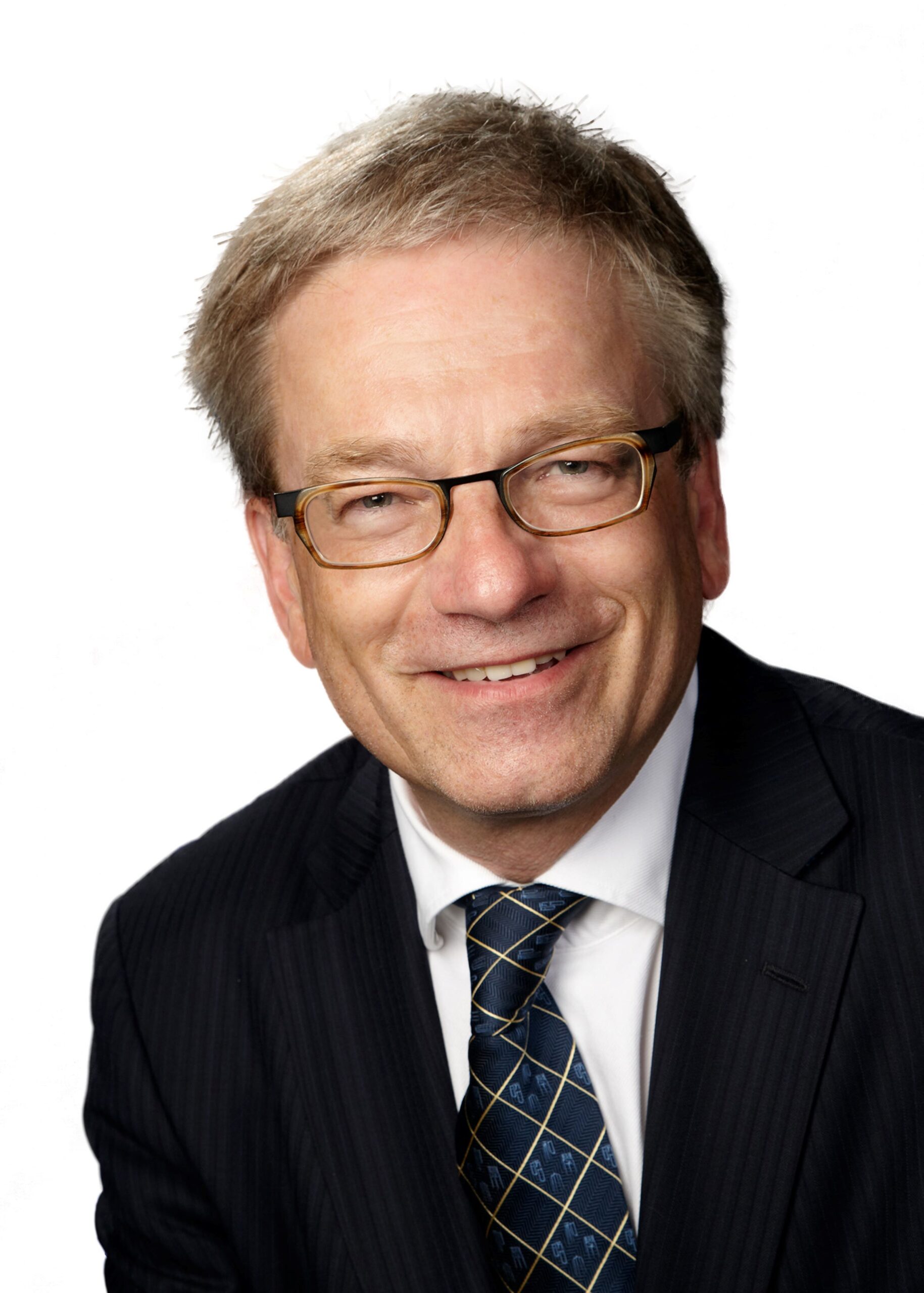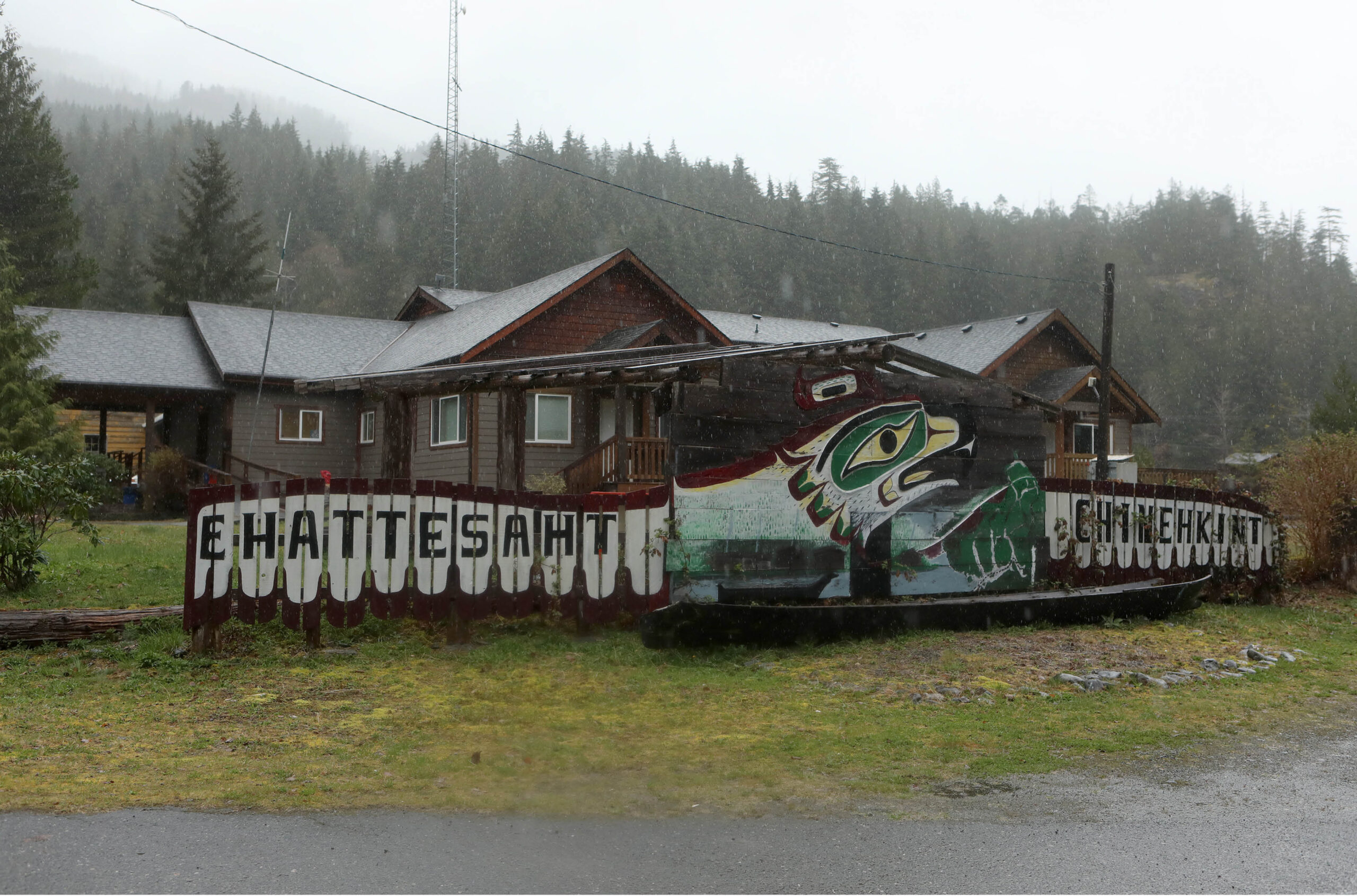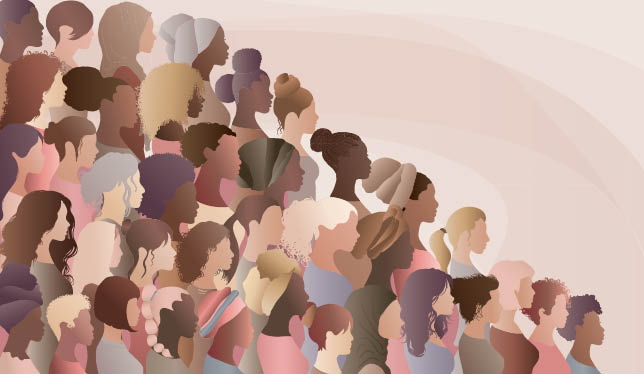Indigenous students, faculty weigh in on renaming process at Ryerson
The university is now seeking input from members of the community through Dec. 7.

When the statue of Egerton Ryerson came toppling down outside of the university campus that bears his name this past June, it made headlines across the country and beyond. The message from Indigenous students, faculty and allies was clear: it was time for the university administration to finally act.
Ryerson was a prominent architect of the residential school system that was responsible for the abduction, abuse, and death of innumerable Indigenous children from the 1830s until 1997. Calls to remove references to his name at the institution date back decades, but they seemed to take on new life in May 2021. Indigenous students published a letter with the Yellowhead Institute, an Indigenous policy think tank based out of the university, declaring that they would no longer use the name Ryerson in any mention of the institution; instead, they would replace it with an “X.”
Anne Spice, a Tlingit member of Kwanlin Dün First Nation and acting assistant professor at the university, explained the significance of the move in an article for the Globe and Mail. She wrote that “historically, Indigenous people have signed with an ‘X’ under conditions that do not fully recognize or honour Indigenous lives. It is a sign of assent under duress.”
Five months after the statue was brought down, the university is moving forward with considerable speed. The Mash Koh Wee Kah Pooh Win (Standing Strong) Task Force, commissioned by university president Mohamed Lachemi in November 2020, completed its report in late August 2021. The university’s board of governors quickly accepted all 22 of the report’s recommendations, including to rename the institution.
Dr. Lachemi announced on Sept. 12 that an advisory committee responsible for overseeing the process to develop a shortlist of options for the new name, pledging that it would be “open, transparent, guided by our values, and designed to engage community members and university stakeholders.” However, little information has been made public since then.
Questions over input
Miranda Black, a master’s student who is Mohawk, said she was one of only two Indigenous people on the 17-member committee, and one of three students. However, she quit after the committee’s first meeting, citing a heavy mental and emotional toll and an unethical process. “There are over 300 Indigenous students at the school, plus faculty, staff, and communities nationwide who are impacted by intergenerational trauma from residential schools,” Ms. Black said. “That is a lot of people I felt responsible to, as the only Indigenous student in that room […] For me, the process should look like having 10 elders in a room, [along] with Indigenous and Black students, where they can come to a point of agreement on what a responsible process looks like to them. They can decide who is best able to create a new name,” she said. “Instead, they have chosen a path that, as I was leaving, I let them know, is just a mirror of white supremacy.”
A spokesperson at the institution said in a statement that the makeup of the committee is designed to reflect “the various stakeholder groups in the university community,” and that it’s “made up of students, faculty, staff, board, senate and alumni” with “very diverse expertise, identities, and experiences.”
Sam Howden, a Métis student at the university who is involved with a student-group named Wreckonciliation, is calling for more accountability and transparency in the renaming process. The Wreckonciliation group has amassed thousands of followers online and held a rally on Oct. 6 protesting the apparent lack of substantive representation on the advisory committee.
Howden, who goes by the pronoun they and does not use honorifics, said the university “is trying to push through performative actions under the name of ‘reconciliation.’” In their view, the haste with which the university is pursuing a name change despite concerns from the Indigenous community is an attempt to appear responsive, “when in fact they are just perpetuating more harm by not letting the appropriate voices guide the process.”
Still, both Howden and Ms. Black are hopeful that the university will change course. Ms. Black said that if the university “does decide on a name without centering the Indigenous community, there will certainly be a response.” Howden agrees, recommending “the committee be suspended and reimagined.”
Howden also points out that the university is not the first institution named after Egerton Ryerson to undergo a renaming process. Ryerson Public School in Burlington, Ont., was renamed Makwendam Public School earlier this month. (“Makwedam” is an Anishinaabemowin word meaning “to remember.”)
“There are better models out there,” they said. “How can a university that produces such brilliant minds not self-reflect and come up with something comparable?”
‘Centering the people who’ve been harmed’
Eva Jewell, an assistant professor at the university and the research director at the Yellowhead Institute, said she appreciates Howden and Ms. Black’s perspective on the issue, stating, “the value of centering the people who’ve been harmed in the process is actually really reflective of [Indigenous] understandings of things like reconciliation or accountability.”
Dr. Jewell is also worried about the prospect that the university may be named after another person. “We just went through the whole exercise of critiquing this idea of commemoration who is upheld in commemoration activities, or commemoration in Canada more broadly,” she said. Instead, she looks to the possibility of the land providing a new name. Though she also recognizes that such an approach must be done with care, posing questions like, “Whose language do we use? What features of the land do we talk about? I think that will be a conversation that will need to be had.”
Overall, Dr. Jewell said, “it doesn’t matter what they choose. Some people are going to be angry about it, at least at the outset. In a few years’ time though, it will just be the name.” However, this doesn’t mean the decision is inconsequential. “Depending on what happens, what the new name is, there could be some real, anti-Indigenous sentiments that arise out of this,” she said. “I hope we can avoid that.”
The university, in collaboration with the advisory committee, launched a public engagement process on Nov. 16 that will run until Dec. 7. A spokesperson for the university said in a statement: “The goal is to find a name that does not cause harm, will represent the university and all of its stakeholders far into the future, and creates new opportunities to define our community and institution.” The easiest way for community members to participate is through an online survey available via the Next Chapter website, by emailing re******@ry*****.ca, sharing their thoughts on social media using the #NextChapterName hashtag, or mailing the university a letter, the statement said.
Featured Jobs
- Canada Excellence Research Chair in Computational Social Science, AI, and Democracy (Associate or Full Professor)McGill University
- Business – Lecturer or Assistant Professor, 2-year term (Strategic Management) McMaster University
- Psychology - Assistant Professor (Speech-Language Pathology)University of Victoria
- Veterinary Medicine - Faculty Position (Large Animal Internal Medicine) University of Saskatchewan















Post a comment
University Affairs moderates all comments according to the following guidelines. If approved, comments generally appear within one business day. We may republish particularly insightful remarks in our print edition or elsewhere.